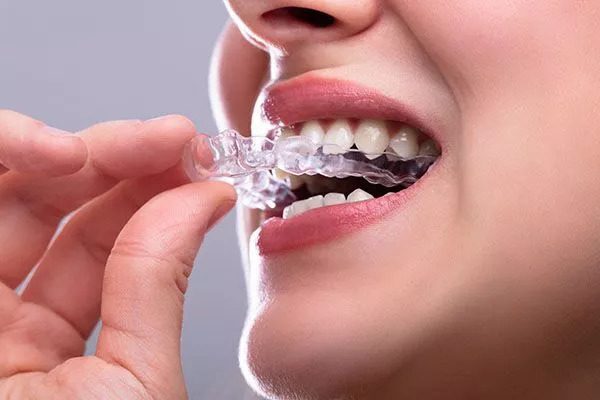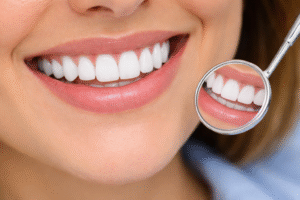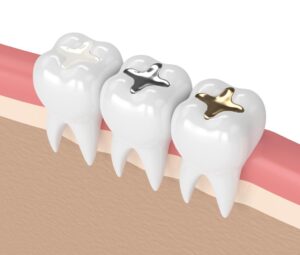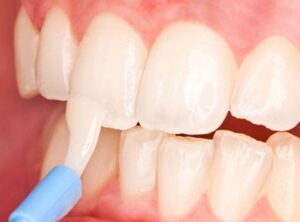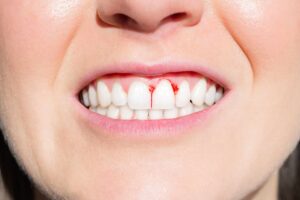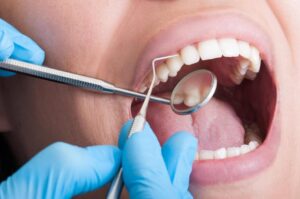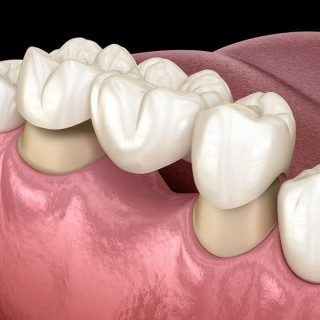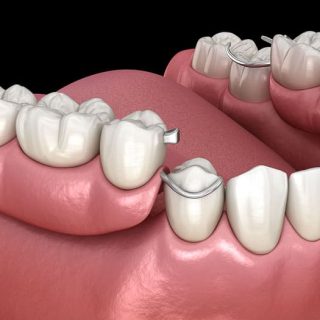Many people grind or clench their teeth during sleep without even realizing it (a condition known as bruxism). This unconscious habit is surprisingly common in both adults and children. While it may seem harmless at first, frequent teeth grinding can lead to serious discomfort over time, including jaw pain, headaches, and worn-down teeth. In such cases, dentists often recommend wearing a nighttime mouth guard. This simple yet effective device acts as a protective barrier, helping to prevent further damage and relieve pressure on the jaw while you sleep.
What are The Mouth Guards ?
Mouth guards are dental protective devices that cover the teeth. Suitable for all ages, they prevent or manage various dental problems
Most mouth guards are worn over the upper teeth, but in some cases and especially for those who grind their teeth, dentists may recommend a guard for the lower teeth as well.
Mouth guards come in different forms, including custom-made versions from a dentist and store-bought options available over the counter. Each type has its own special use, based on what a person might need.
Different types of mouthguards
The three main categories are:
- Sports mouth guards: These protect your teeth from sports-related injuries. They’re commonly used in contact sports like boxing, football, rugby, and hockey.
- Mouth guards for teeth grinding (bruxism mouth guard): These appliances are designed to prevent damage to your teeth from a condition known as bruxism or teeth grinding/clenching. Most people wear them during sleep, which is why they’re often called night guards.
- Mouth Guards for snoring and sleep Apnea: People with chronic snoring or mild obstructive sleep apnea may benefit from this type of guard. It helps maintain an open airway during sleep by slightly shifting the lower jaw.
There are also in-store mouth guards that are used for bruxism treatment at home especially for Mild cases of bruxism.
Who needs a night time mouth guard ?
- People with TMJ Disorders: Night guards help relieve jaw tension, reduce pain, and minimize clicking or popping caused by temporomandibular joint issues.
- People Who Grind or Clench Their Teeth (Bruxism): Wearing a mouth guard for sleeping protects teeth from damage and eases jaw strain caused by unconscious grinding or clenching during sleep.
- Individuals with Mild Sleep Apnea or Snoring: Specialized night guards can reposition the jaw to improve airflow and reduce snoring or mild sleep apnea symptoms.
- Those with Morning Jaw Pain or Headaches: Night guards reduce muscle strain from nighttime clenching, helping prevent tension-related discomfort in the morning.
- People with Worn or Chipped Teeth: If teeth show signs of wear, a night guard can prevent further damage and protect the enamel.
How to choose the best mouth guard?
Consult a Dentist First
A professional assessment is essential. Your dentist will evaluate your teeth, take impressions if needed, and determine whether a custom-fitted mouth guard is the right option.Custom guards are made in a dental lab, to precisely fit your particular bite, providing the necessary comfort and security.
Consider These Key Factors:
- Fit: The nighttime bite guard should feel snug but not tight. You should find it easy to breathe and talk while wearing it.
- Comfort: Especially for night use, choose a mouth guard you can wear for hours without discomfort.
- Protection: Make sure it fully covers your teeth and provides proper cushioning.
- Durability: If you grind your teeth nightly, opt for a high-quality material that can withstand regular use.
- Cost: Stock (in-store) mouth guards are an inexpensive option; however, they are less effective. Custom-made options cost more but offer better performance and longevity.
- Material: The material can vary, with some feeling softer or lasting much longer.
Tips to care for your mouth guard
- Rinse After Use: Rinse with cool or lukewarm water immediately after removing it.
- Brush Gently: Using a soft toothbrush, and mild soap and water, you can clean your mouth guard every day. (avoid using toothpaste).
- Store Safely: Keep it in a ventilated plastic case away from heat, sunlight, or humidity.
- Avoid Hot Water: Don’t expose to hot water, steam, or direct sunlight—this may warp the shape.
- Monthly Deep Clean: Use a denture cleaner or a vinegar-hydrogen peroxide soak to deep clean your mouth guards.
- Clean the Case Too: Wash the storage case regularly with soap and let it dry before reuse.
- No Soaking Over 1 Hour: Prolonged soaking can damage the material. Avoid alcohol-based solutions.
Signs of a badly fitting night guard
- Moves Around or Falls Out: A night guard should stay in place. If it shifts, feels loose, or drops out while sleeping, it likely doesn’t fit correctly.
- Causes Discomfort or Pain: Jaw tension, tooth soreness, headaches, or gum irritation after wearing the guard may signal poor fit.
- Alters Your Bite: If your teeth don’t line up properly after removing the guard, or your bite feels off, it may be putting pressure unevenly.
- Affects Speaking or Breathing: A bulky or awkwardly shaped guard can make it hard to talk clearly or breathe comfortably through the mouth.
- Bad Smell or Taste: A strong odor or unpleasant taste may indicate poor hygiene or that the material is breaking down—both common causes of bad breath.
Think you need a mouth guard? consult El-Shenawy dental centers
If you play contact sports or often wake up with headaches or jaw pain due to teeth grinding, a nighttime mouth guard could be the solution. At El-Shenawy Dental Centers, our expert dental team will assess your condition carefully and recommend the most suitable treatment. We’re committed to providing personalized care, ensuring every patient receives a custom-fitted solution designed for comfort, protection, and long-term dental health.
Start limiting the effects of tooth grinding. Book your appointment today!
Frequently asked questions
- How long does a mouth guard last?
On average, a night guard can last up to 5 years with proper care. However, for people who grind their teeth heavily, it may need to be replaced in as little as 1 year due to wear and tear.
- Is it possible to wear a mouth guard if I have braces?
Definitely yes! A mouth guard can also help safeguard braces, dental implants, and other dental work from getting damaged. In these cases, a custom-fitted mouth guard is highly recommended, it’s designed to fit comfortably over orthodontic appliances and provide maximum protection.



